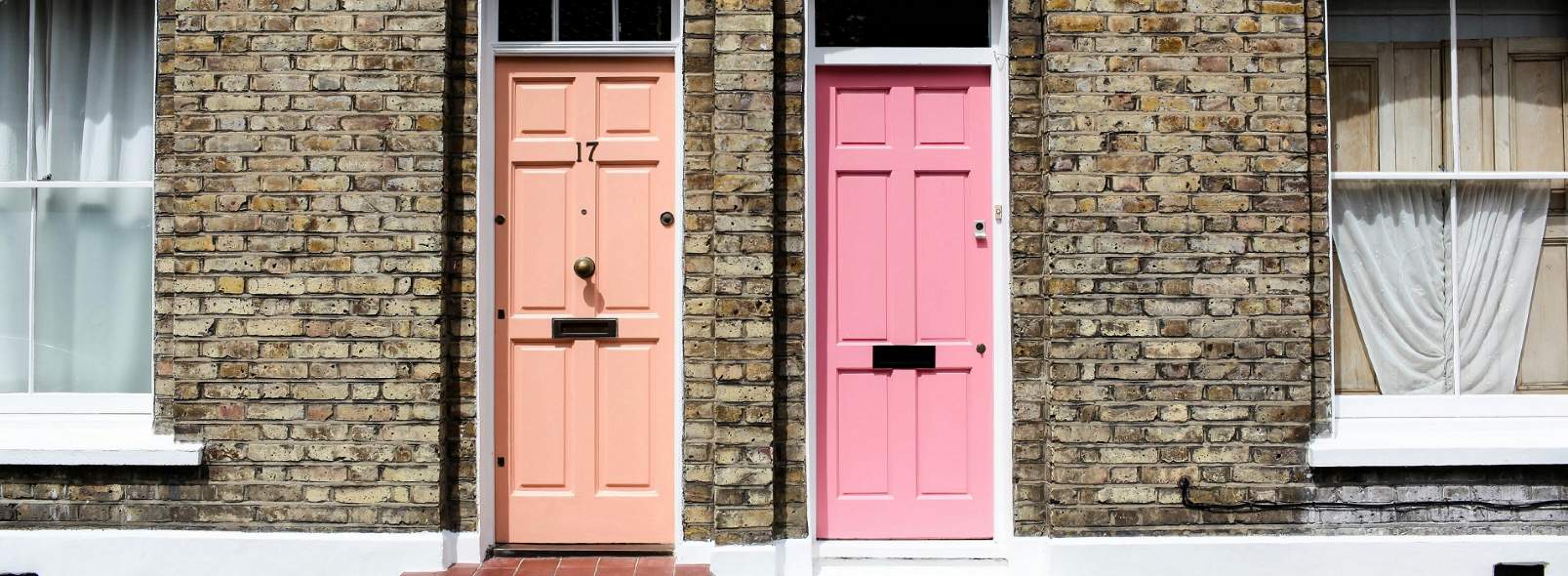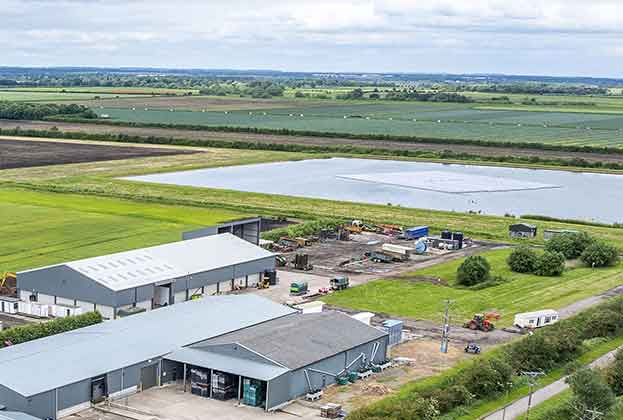Over the past couple of years, the debate between retrofitting and rebuilding, along with the issue of draughty homes in the UK, has generated headlines due to rising energy bills. The English Housing Survey reveals that around 60% of homes have an Energy Performance Certificate (EPC) rating of D or below, falling short of the mooted target of a C rating by 2030. This inefficiency increases heating energy consumption, raises bills, and worsens fuel poverty affecting about 13.4% of households in England.
As sustainable designers, our focus is on how we build, maintain, and operate buildings to address these challenges and achieve net zero. Therefore, we have evaluated the major parties’ positions on these issues.
So, what are their proposals?
Home energy efficiency upgrades are a key focus across the various election manifestos. The Conservatives pledge £6 billion over three years to heat approximately one million homes, with an additional £1.5 billion allocated for a boiler upgrade scheme. Labour aims to upgrade five million homes, pledging £6.6 billion, and intends to create new jobs in construction and green industries. The Liberal Democrats propose free retrofits for low-income households, backed by an £8 billion investment over five years. Despite these investments, all parties fall short of the UK Green Building Council’s (UKGBC) estimated investment requirement of £64 billion over the next decade.
In contrast, the Green Party’s proposals align most closely with the UKGBC’s estimates. They plan to invest £29 billion over five years in achieving EPC B standard upgrades, £9 billion for low carbon heating systems, and £7 billion annually for nature based solutions addressing overheating and flooding in buildings and infrastructure.
Labour, the Liberal Democrats and the Green Party share a common theme of advocating for minimum energy performance standards, specifically targeting an EPC C rating for rented properties. This policy would help to combat fuel poverty and improve energy efficiency in the rental market. In contrast, the Conservatives have not incorporated these standards for renters.
The Conservative strategy uses market based mechanisms, such as financial incentives and regulatory oversight to drive energy efficiency improvements. The party plans to offer smart energy tariffs to encourage off peak energy use, potentially saving households up to £900 a year and maintain the energy price cap. The Labour approach is more interventionist, advocating substantial public investment and the establishment of Great British Energy (GBE), a publicly owned company dedicated to investing in renewable energy sources and energy efficiency projects. They also aim to empower local authorities and communities to lead tailored retrofitting projects and support community led energy initiatives. The emphasis on job creation in green industries, prioritising retrofitting in low income and social housing sectors to combat fuel, highlights a commitment to social equity and economic stimulus through green initiatives.
Overall, the Conservative plan targets immediate improvements through financial incentives and regulatory stability, while Labour’s approach seeks to catalyse broader systemic changes by integrating retrofitting into a comprehensive climate action agenda. Ultimately, the effectiveness of these approaches will depend on their implementation, stakeholder engagement, and alignment with broader environmental and economic goals.
Further information
Contact Milo Jackson-Brown or Chris Cummings
Political parties and climate policy

.jpg)







.jpg)
.jpg)